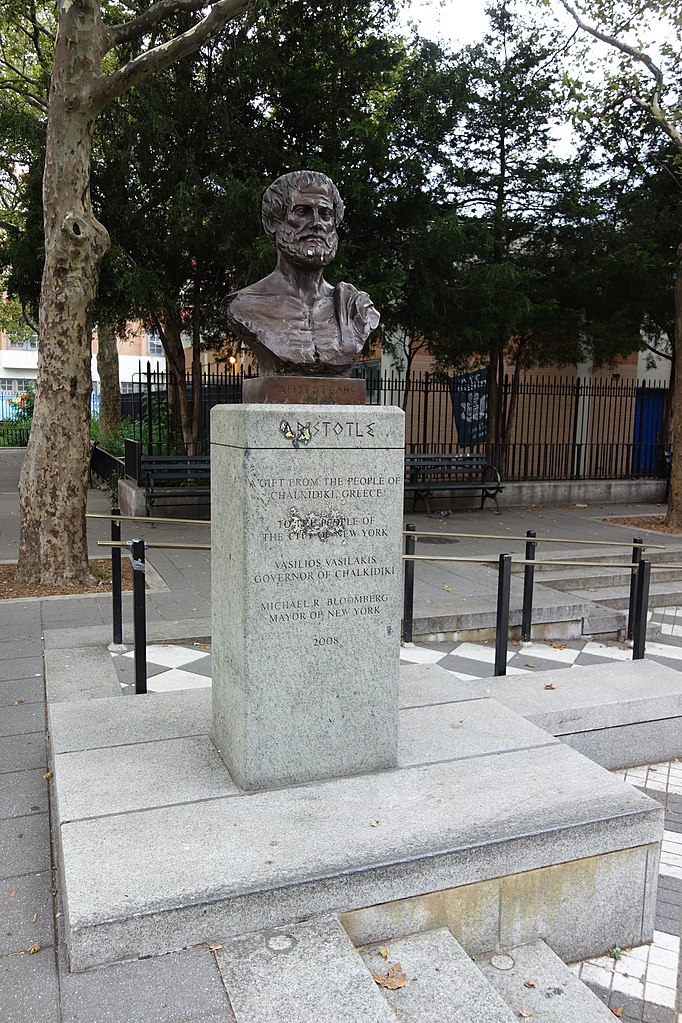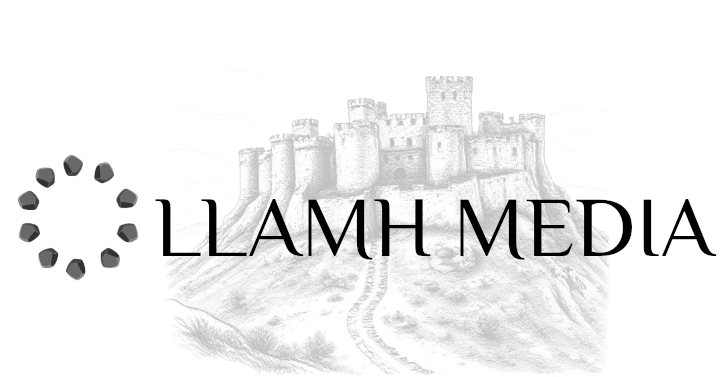In the grand tapestry of human thought, logic stands as a beacon of reason. It is a guiding light that illuminates the pathways of inquiry, debate, and discovery. From the ancient philosophers of Greece to the digital age of algorithms and artificial intelligence, the principles of logic have served as the bedrock upon which our understanding of the world is built. In this exploration, we embark on a journey into the depths of logic, uncovering its origins, principles, and profound implications for human cognition and society.
The Roots of Logic: From Aristotle to the Digital Age
The roots of logic can be traced back to the ancient civilizations of Greece and India, where philosophers and mathematicians grappled with questions of truth, inference, and deduction. In ancient Greece, Aristotle laid the foundations of formal logic with his pioneering work on syllogistic reasoning. Which is a system of logical inference that forms the basis of deductive reasoning to this day.

Over the centuries, the torch of logical inquiry passed through the hands of luminaries such as Euclid. He formalised the principles of geometric reasoning in his seminal work, “Elements,”. He inspired the medieval scholastics, who refined the methods of logical argumentation in their theological and philosophical treatises.
With the advent of the scientific revolution and the Enlightenment, the study of logic underwent a renaissance. This renaissance produced thinkers such as René Descartes, Gottfried Wilhelm Leibniz, and Immanuel Kant. They would go on to grapple with questions of epistemology, metaphysics, and the nature of rationality itself. Their contributions laid the groundwork for the modern discipline of formal logic. Creating a rigorous system of symbolic notation and inference that forms the cornerstone of contemporary mathematics, computer science, and philosophy.
In the digital age, logic has taken on new dimensions. Computer scientists and logicians harness its power to design algorithms, analyse data, and build artificial intelligence systems capable of reasoning and decision-making. Fos instance, the algorithms that power internet search engines to the neural networks that underpin deep learning models. Therefore, it is clear that logic provides the conceptual framework through which machines navigate the complexities of the modern world.
The Principles of Logical Reasoning
At its core, logic is the study of valid inference. Valid inference is the process by which we derive conclusions from premises in a systematic and reliable manner. Central to the principles of logical reasoning are three fundamental laws:
- The Law of Identity: A fundamental principle of classical logic, the law of identity states that an object is identical to itself. In other words, if a statement is true, then it is true.
- The Law of Non-Contradiction: This principle asserts that contradictory statements cannot both be true at the same time and in the same sense. For example, it is impossible for something to be both true and false simultaneously.
- The Law of Excluded Middle: According to this law, every statement must be either true or false. There is no middle ground or third option.
Building upon these foundational principles, logicians have developed a rich array of formal systems and symbolic languages for expressing and evaluating arguments. From propositional logic, which deals with the logical relationships between propositions. Predicate logic, which extends these principles to include quantifiers and predicates. The study of logic encompasses a vast and diverse landscape of concepts and techniques.
The Role of Logic in Human Cognition and Society
Beyond its technical applications, logic plays a central role in human cognition and society. It shapes the way we think, communicate, and interact with the world. In everyday life, we rely on logical reasoning to navigate complex decision-making processes, evaluate arguments, and solve problems. Whether we are weighing the evidence in a court of law or evaluating the claims of politicians and advertisers, the principles of logic provide a framework for critical thinking and rational discourse.
Moreover, logic serves as a cornerstone of scientific inquiry. Logic is utilised by scientists and researchers to formulate hypotheses, design experiments, and draw valid conclusions from empirical data. From the deductive reasoning of mathematics and theoretical physics to the inductive reasoning of biology and psychology, logic provides the intellectual scaffolding upon which the edifice of scientific knowledge is constructed.
In the realm of ethics and morality, logic plays a crucial role in the formulation of moral principles and ethical guidelines. By subjecting moral claims to logical scrutiny, philosophers seek to clarify the principles that underlie human behaviour. This fosters a deeper understanding of the moral landscape and the ethical dilemmas that confront us in our daily lives.
Conclusion: Embracing the Power of Reason
As we reflect on the profound significance of logic in human thought and society, we are reminded of its transformative power to illuminate the dark corners of ignorance, confusion, and superstition. In a world besieged by misinformation, tribalism, and ideological polarisation, the principles of logic offer a beacon of hope. This understanding provides a means of transcending the narrow confines of prejudice.
As we embark on this journey into the depths of logic, let us embrace its principles with humility. For in the crucible of reasoning, we discover not only the keys to unlocking the mysteries of the universe but also the profound capacity of the human mind to transcend the limits of ignorance and reach for the stars of truth and understanding.

